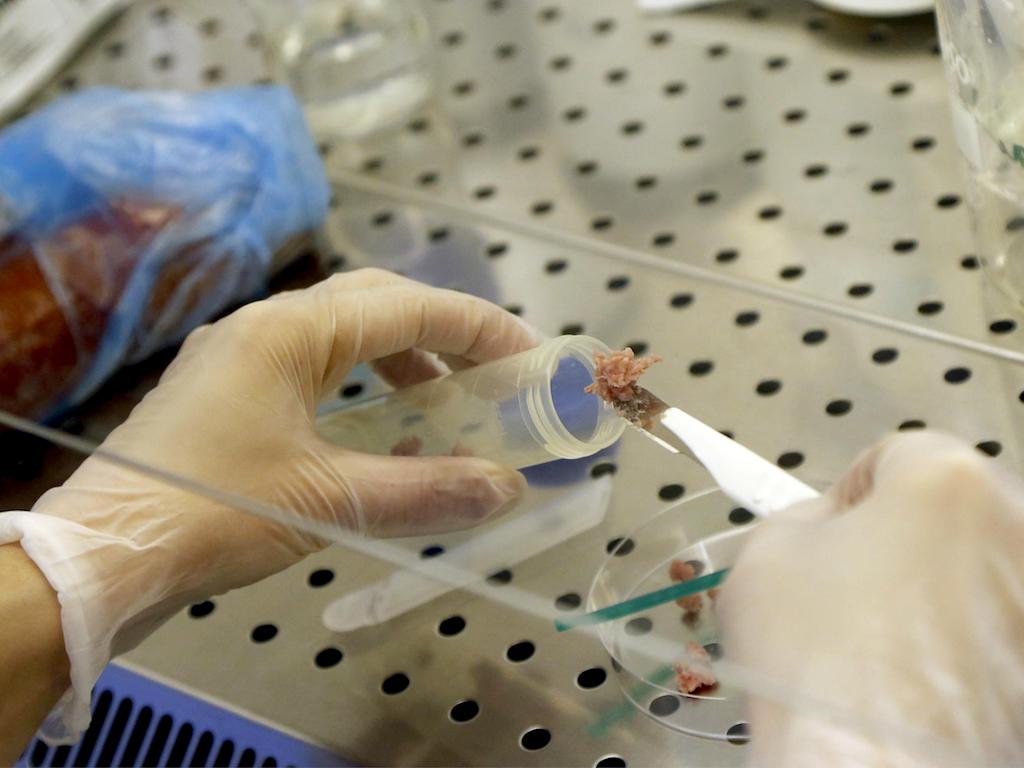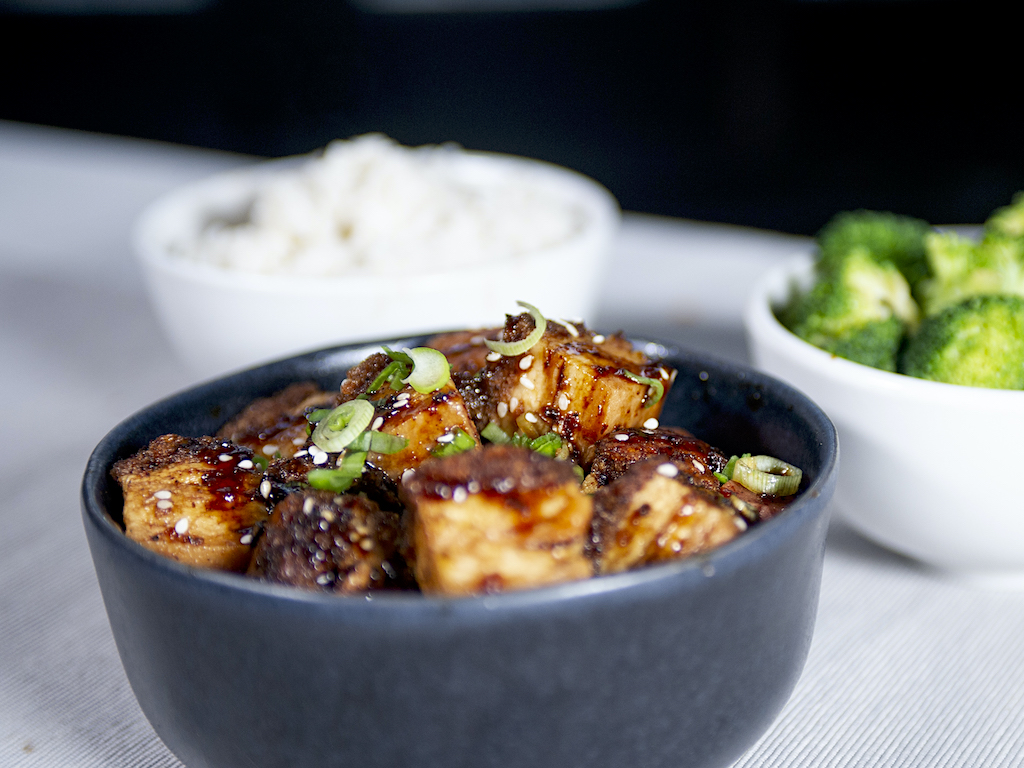4 Mins Read
According to recent research conducted in China, the country’s consumers will most likely be swayed by food security and safety concerns when it comes to cell-based meat. Presenting her findings at the recent Future Food Asia 2020 conference, researcher Chloe Dempsey says that while the ethical benefits of cultured meat may be less important when it comes to cultivated product marketing, emphasising the stability and health aspects of the product in terms of nutrition and food safety will be important points of appeal amongst Chinese consumers.
Dempsey, current director at Cellular Agriculture Australia and graduate of Yenching Academy of Peking University, conducted a survey with more than 1,000 participants across China to examine consumers’ perceptions and attitudes towards cultured meats. Speaking on the opening day of the Future Food Asia conference, Dempsey said that while still not commercially available, Chinese consumers are warming up to the concept of cell-based protein.
According to her survey, 40% of respondents already know about cultured meat and a whopping 70% are willing to try it. Of the main reasons consumers cited, ethical and environmental concerns were lower on their priorities, while other benefits such as food safety and framing it as a high-tech innovation led to greater consumer appeal.
More specifically, 62% of consumers in China would be willing to switch to cultivated meat as a solution for food security and bolstering the resilience of the protein supply chain, while 59% said cultured meat was appealing because it represents a scientific achievement. 21% also cited nutritional and health benefits as a reason that they would be willing to pay premium prices for cell-based protein.
So what really works here is framing cultured meat as a product that will positively bring nutritional benefits, food safety and security.
Chloe Dempsey

Read: Thailand & Japan plant-based startups win at Future Food Asia 2020
“So what really works here is framing cultured meat as a product that will positively bring nutritional benefits, food safety and security,” explained Dempsey. “Many companies in the West often talk about cultured meat as the ethical or sustainable choice to appeal to consumers, but this is not the most relevant in this market, which needs to be taken into context.”
One of the key challenges that cultivated meat brands will face in the Chinese market once it is commercialised is product naming, she adds. At the moment, both plant-based and cultivated meat alternatives tend to be categorised under the same umbrella term of “man-made meat” in Chinese, which could present difficulties for cell-based products to differentiate from existing plant-based products on the market.
Dempsey said her survey found that Chinese consumers prefer distinctive terms such as “cultivated” or “clean” meat, and she believes that with the positive attitude coming from the Chinese government, the country presents a key region of opportunity for food techs to capitalise on.

Many companies in the West often talk about cultured meat as the ethical or sustainable choice to appeal to consumers, but this is not the most relevant in this market, which needs to be taken into context.
Chloe Dempsey
It’s clear that the coronavirus pandemic has put into the spotlight the vulnerability of existing food supply chains and food safety concerns, but even before the pandemic, Chinese authorities have been scrambling to come up with solutions to its broken meat supply chain. Before Covid-19, China bore the brunt of the outbreak of African swine fever (ASF), which led to a pork supply shortage and sent prices skyrocketing, shifting attention towards the security and potential dangers of livestock farming.
Alternative protein expert and co-founder of food tech industry events organiser KindEarth.Tech, Olivia Fox Cabane, has previously said that she believes China is poised to dominate in the 3D-printed food industry, particularly 3D-printed cell-based or plant-based meats.
In the interview, Cabane said: “The speed and scale at which China operates is truly breathtaking…I can only imagine the speed and scale with which they could take over the 3D food printing market if they wanted to.”
Lead image courtesy of Higher Steaks.




